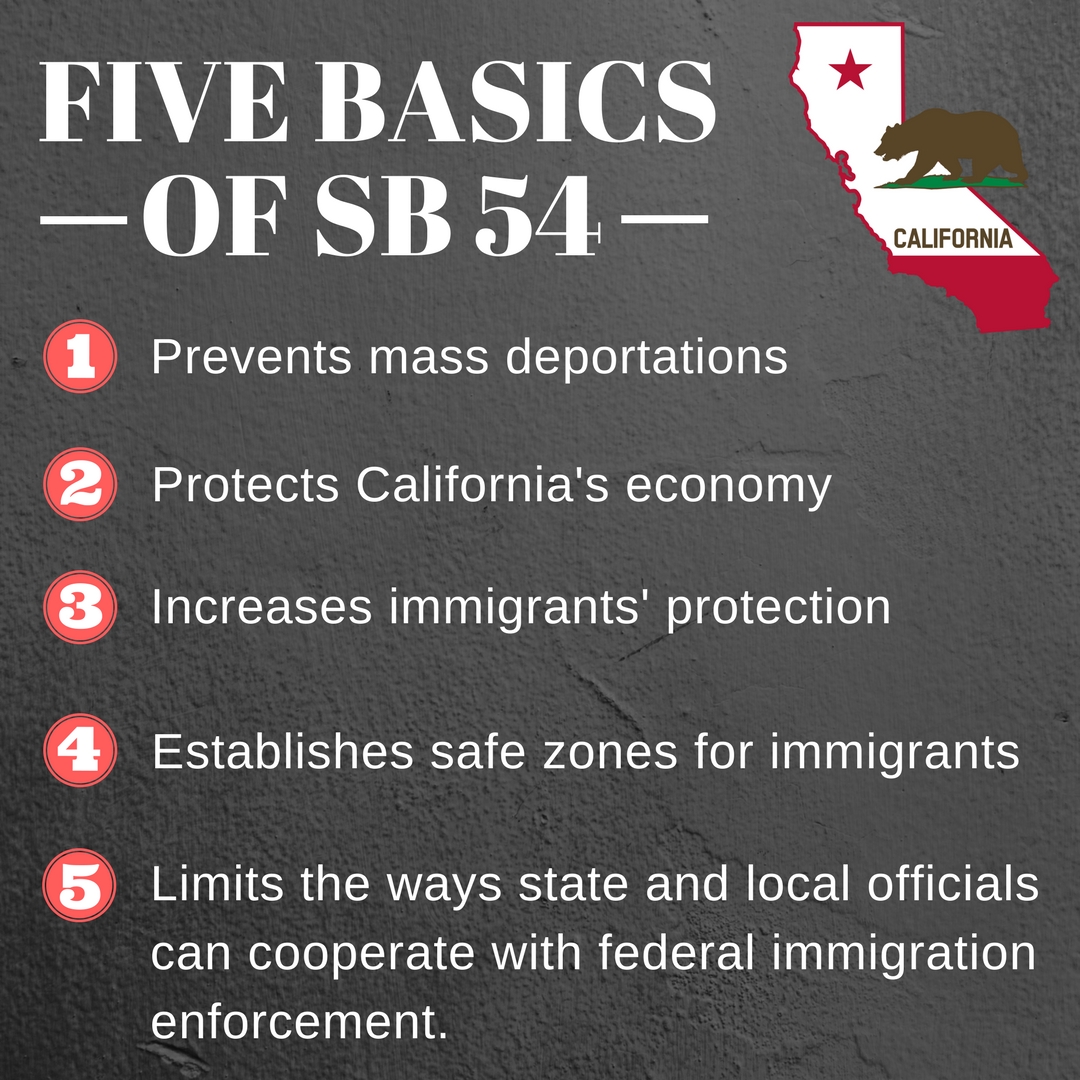
Written by Robert Heckert
An adolescent David stalks to the battlefield, still panting from the exertion of killing Goliath. Immediately he is brought before King Saul, who demands to know who this young hero is. At first glance this seems to be a simple and straightforward discussion, but some- thing intriguing takes place afterwards. “As soon as he [David] had finished saying these things to Saul, the soul of Jonathan was knit to the soul of David, and Jonathan loved him as his own soul,” (1 Samuel 18:1). It was in that instant that the soul— the very being of Jonathan— somehow became linked to that of David’s. is bond would endure as the struggle for dynastic succession between David and Saul escalated. It would last until Jonathan died alongside his father and brothers fighting the Philistines.An adolescent David stalks to the battlefield, still panting from the exertion of killing Goliath. Immediately he is brought before King Saul, who demands to know who this young hero is. At first glance this seems to be a simple and straightforward discussion, but some- thing intriguing takes place afterwards. “As soon as he [David] had finished saying these things to Saul, the soul of Jonathan was knit to the soul of David, and Jonathan loved him as his own soul,” (1 Samuel 18:1). It was in that instant that the soul— the very being of Jonathan— somehow became linked to that of David’s. is bond would endure as the struggle for dynastic succession between David and Saul escalated. It would last until Jonathan died alongside his father and brothers fighting the Philistines.
When one thinks of the word “knit,” images of quilts or fabrics being woven together sometimes come to mind. No matter what picture we use, materials are being bonded together. We have to ask ourselves why the Bible uses the word “knit.” e fabrics being bonded in this verse are souls. Can a relationship like the one between David and Jonathan still be achieved?
Nope. We are too busy. We have too many options when it comes to jobs and schools and spouses, so we take friends wherever we can find them. If we need to move away from our friends to pursue another, better opportunity, we rarely hesitate to move. There will no doubt be a few tears as we pack. We will tell everyone how much we’ll miss them, but once we are settled in, that feeling of longing for our friends will not last. The devotion that David and Jonathan experienced will remain in the Old Testament.
The modern soul knows the obstacles all too well. Social media seems to be among these obstacles. When Wesley Hill, assistant professor of biblical studies at Trinity College, addressed spiritual friendship during a Biola chapel in 2013, he stated that social media has turned the word “friend” into a verb: “I friended this person,” or “I unfriended that person.” This act of such casual acceptance or banishment was concerning. There seemed to be no room for trust to be built.
To have one’s soul knit to another’s implies a profound amount of intimacy. e eternal part of the body becomes rooted and intertwined with another’s. Social media seems to nullify the ability to have that intimacy. Hannah Rose, a senior English major, suggests that the reason for this is that it causes us to “value the image over the person.” Rose states that the soul cannot readily be seen on the outside, and the outside is all Facebook and Instagram allow us to see.
The second thing that hinders intimate friendship can be found in our freedom to travel great distances with ease. Initially, David and Jonathan’s close geographical proximity seems to have something to do with how they are able to remain so devoted to one another. There was a point in my life when my family was considering moving to Georgia for my dad to pursue a job opportunity. It caused me to wonder why so many people often move great distances for a job. Why is it almost unheard of to turn down a job to maintain a friendship? As Americans, we tend to view jobs and money as a more life-sustaining resource than friendship. It seems to be far easier and more expedient to quantify success by money than by friendship.
It may be too simple to say distance and social media have zapped friendship’s staying power. Dr. Todd Thompson, professor of history in the Torrey Honors Institute, illustrates this by looking at David and Jonathan’s story with a bit of imagination. Thompson states that it may have been more conducive to their friendship if David and Jonathan had access to social media.
“When David was hiding in the caves, he probably heard rumors that Saul was on the move with his army, and David may have been concerned over whether or not Jonathan had turned against him. A quick text or something like, ‘hey are you still with me?’ could have eliminated his concerns,” says Thompson.
It sounds ridiculous to consider King David on Facebook, but through this thought project, one can see that social media may not be as detrimental as previously believed. It must have been their physical proximity that allowed them to be so devoted to one another. Again, Dr. Thompson changes our perspective by reminding us that David was hiding in caves while Jonathan was with his father. They clearly were not always by each other’s side. So what then inhibits such deep friendships? Professor Thompson asserts that what made David and Jonathan’s friendship so strong was the promissory element in it.
In 1 Samuel 20:42 Jonathan tells David, “the Lord shall be between me and you, and between my o spring and your o spring forever.” rough this agreement, or covenant, both agree to guard each other’s children. David promised to guard the lineage of a man who should be his political enemy.
What can we take away from this? How often do we drop out of touch with a friend because we no longer align with their views or enjoy the same things?
Thompson claims, “It is in these moments when we realize how shallow our love is and we need to focus on the more abiding things of love.”
By making covenants with each other, we have been given the ability to practice God’s character trait of faithfulness. We must ask ourselves, who do we make this bond with? How is this covenant, as Wesley Hill puts it, “expressed and lived into”? In his chapel sermon, Hill shares his experience of creating such a bond with his dear friends. While in Durham, England, Hill met a fellow student named Jauno. During Hill’s four years in Durham, they became very close. When Jauno and his wife Megan had their daughter Cali, Jauno asked Hill if he would be her godfather. After Hill had spent a sufficient amount of time in prayer, he realized that to be Cali’s godfather would mean being involved in a much greater capacity.
“It is about making promises at Cali’s baptism to make a lifelong commitment to being there to strengthen her faith in Christ and to speak into her life,” explains Hill.
A covenant was made between the three that extended far beyond what they had anticipated. Originally, this covenant may not have been more than a formality. However, Hill’s understanding of what it means to be a godfather changed when he came to understand the deep interplay of their lives.
Each covenant must be rooted in something that glorifies God. Close friendships according to Hill are not “ingrown, exclusive or narrow” but meant to “enrich and strengthen the wider body of Christ.” At times, to glorify God means that friends who have covenanted must part ways. At other times it requires them to be close together. We can be comforted by the fact that covenants are not concerned with where we live or how often we see each other, but that in our faithfulness to one another, we more fully reflect God’s faithfulness to us.




